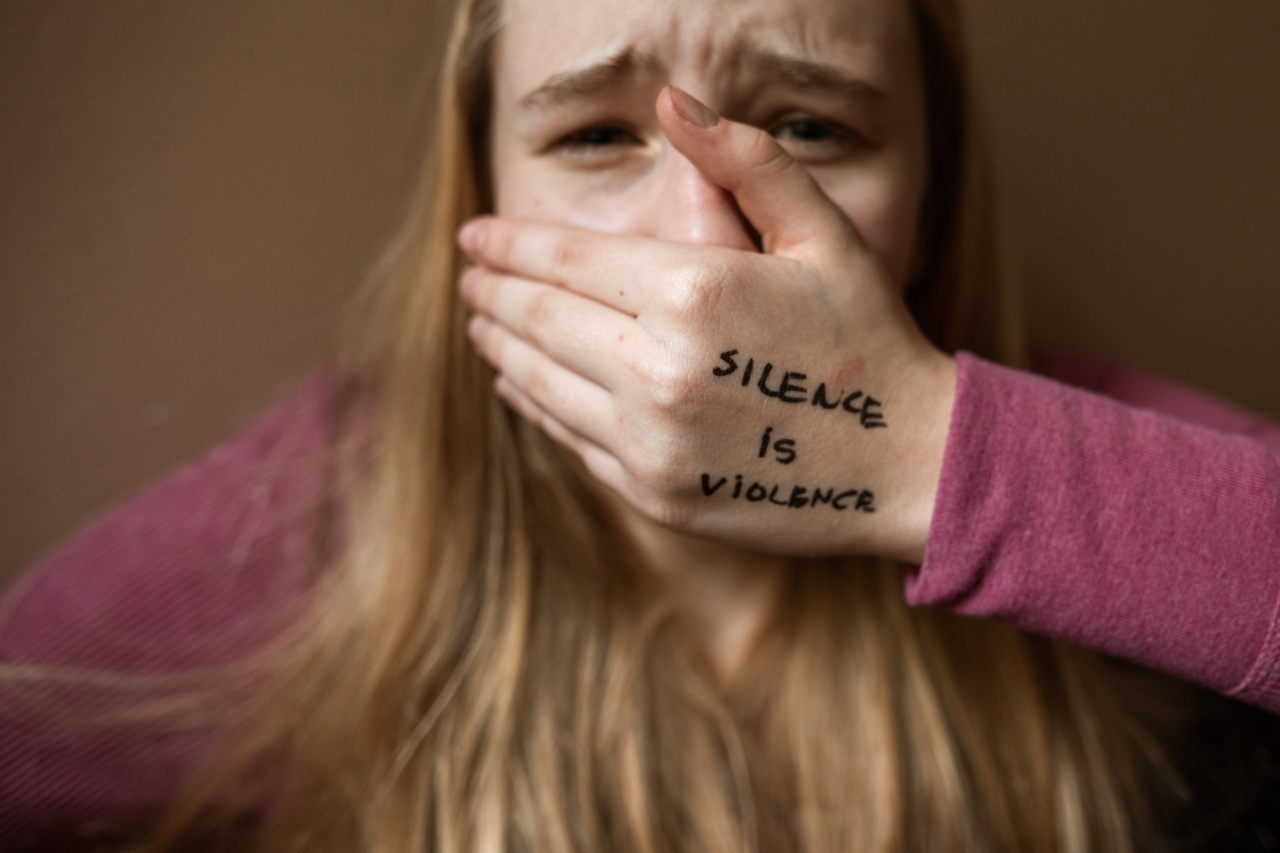In today’s fast-paced and interconnected world, stress has become a predominant force that affects millions of people. It is not only an individual experience but can also spread from person to person, like a contagious virus.
This phenomenon, known as stress contagion or emotional contagion, can significantly impact our mental and physical well-being.
The Impact of Stress Contagion
Research has shown that stress can be contagious, and when we are exposed to stressed individuals, we often pick up their negative emotions, thoughts, and behaviors.
This can trigger a physiological response in our bodies, activating the release of stress hormones like cortisol. As a result, we become more susceptible to experiencing stress ourselves.
Stress contagion can occur in various settings, such as workplaces, schools, families, and even social gatherings.
When we witness someone else’s stress, we empathize with their struggles and absorb their negative energy, leading to an increased risk of developing our own stress-related symptoms.
Recognizing the Signs of Stress Contagion
It is essential to recognize the signs of stress contagion to protect ourselves from its negative effects. Here are some common indicators that you may be experiencing stress contagion:.
1. Heightened Sensitivity
If you find yourself becoming more sensitive to stress triggers and reacting strongly to situations that previously did not bother you, it could be a sign that you have picked up stress from someone else.
2. Changes in Mood
Stress contagion can impact your mood, causing you to feel more irritable, anxious, or overwhelmed. You may notice a sudden shift in your emotions without any apparent reason.
3. Physical Symptoms
Stress contagion can manifest physically through headaches, muscle tension, digestive issues, or even a weakened immune system. If you are experiencing unexplained physical symptoms, stress contagion could be a contributing factor.
4. Difficulties Sleeping
Witnessing someone else’s stress can disrupt your sleep patterns, making it challenging to fall asleep or stay asleep throughout the night. Your mind may be filled with worries and racing thoughts.
Preventing Stress Contagion
Fortunately, there are strategies you can employ to protect yourself from stress contagion and maintain a healthy well-being:.
1. Practice Self-Care
Invest time in self-care activities that help you relax and reduce your own stress levels. Engage in activities like exercise, meditation, reading, or spending time in nature. Prioritize your well-being to build resilience against stress contagion.
2. Set Boundaries
It is crucial to set clear boundaries in your relationships and environments to protect yourself from absorbing someone else’s stress. Learn to say no when you feel overwhelmed and establish healthy limits that prioritize your own well-being.
3. Foster Healthy Relationships
Surround yourself with positive and supportive individuals who uplift your spirit rather than bringing you down. Cultivate relationships that promote well-being and provide you with a safe space to express your feelings.
4. Practice Mindfulness
Mindfulness is a powerful tool that can help you observe your thoughts and emotions without judgment. By practicing mindfulness, you become more aware of stress contagion and can consciously choose not to absorb it into your own being.
5. Seek Professional Help
If you find yourself struggling with the effects of stress contagion or experiencing persistent stress symptoms, it may be beneficial to seek support from a healthcare professional or therapist.
They can provide guidance and help you develop coping strategies specific to your situation.
6. Promote Stress Awareness
Spread awareness about stress contagion among your friends, family, and colleagues. Encourage open conversations about stress and provide resources or education on stress management techniques.
By promoting stress awareness, you contribute to a healthier environment for everyone.
Conclusion
Stress contagion is a significant concern in today’s society, but by being aware of its existence and taking proactive steps to protect ourselves, we can mitigate its impact.
Remember to prioritize self-care, set boundaries, foster healthy relationships, practice mindfulness, and seek professional help when needed. Together, we can create a more stress-resilient world.































